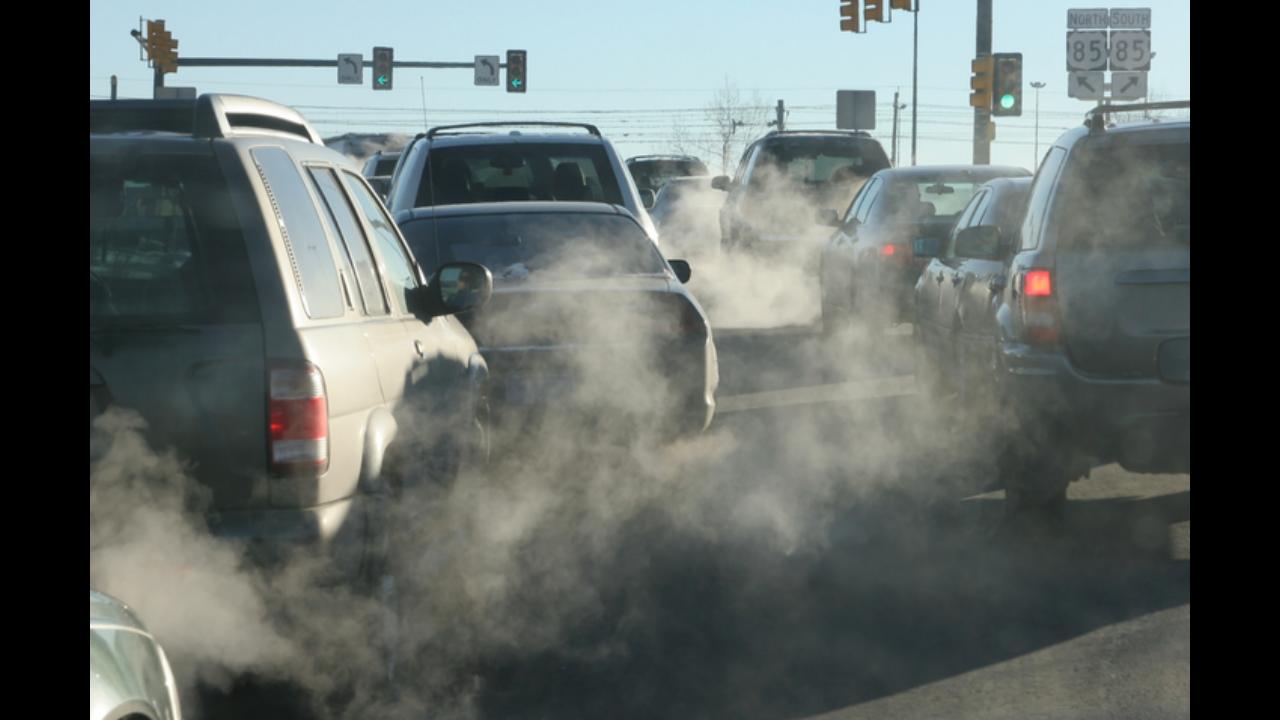The WHO is also calling for a rapid intensification of actions to monitor air quality and identify sources of air pollution, support the transition to exclusive use of clean household energy for cooking, heating and lighting, and build safe and affordable public transport systems

Image for representation: iStock
Almost entire global population (99 per cent) breathes air that exceeds air quality limits, and threatens human health, according to a report by the World Health Organisation (WHO), ahead of World Health Day.
ADVERTISEMENT
World Health Day is observed annually on April 7. This year it celebrates the theme: 'Our planet, Our health'.
A record number of over 6,000 cities in 117 countries monitor air quality. Of these, air in 17 per cent of cities in high-income countries is below the WHO's Air Quality Guidelines for particulate matter (PM) - PM2.5 or PM10 and nitrogen dioxide (NO2). In low- and middle-income countries, air quality in less than 1 per cent of the cities comply with WHO recommended thresholds, the report said.
About 4,000 cities/human settlements in 74 countries collect NO2 data at ground level. Their measurements show that only 23 per cent of people in these places breathe annual average concentrations of NO2 that meet recommended quality levels.
The findings have prompted the WHO to highlight the importance of curbing fossil fuel use and taking other tangible steps to reduce air pollution levels.
"Current energy concerns highlight the importance of speeding up the transition to cleaner, healthier energy systems," WHO Director General, Dr Tedros Adhanom Ghebreyesus, said in a statement.
"High fossil fuel prices, energy security, and the urgency of addressing the twin health challenges of air pollution and climate change, underscore the pressing need to move faster towards a world that is much less dependent on fossil fuels," he added.
Meanwhile, the WHO is also calling for a rapid intensification of actions to monitor air quality and identify sources of air pollution, support the transition to exclusive use of clean household energy for cooking, heating and lighting, and build safe and affordable public transport systems and pedestrian- and cycle-friendly networks.
The global health body also suggested implementing stricter vehicle emissions and efficiency standards, investing in energy-efficient housing and power generation, improving industry and municipal waste management, and reducing agricultural waste incineration, forest fires and certain agro-forestry activities.
This story has been sourced from a third party syndicated feed, agencies. Mid-day accepts no responsibility or liability for its dependability, trustworthiness, reliability and data of the text. Mid-day management/mid-day.com reserves the sole right to alter, delete or remove (without notice) the content in its absolute discretion for any reason whatsoever.
 Subscribe today by clicking the link and stay updated with the latest news!" Click here!
Subscribe today by clicking the link and stay updated with the latest news!" Click here!







